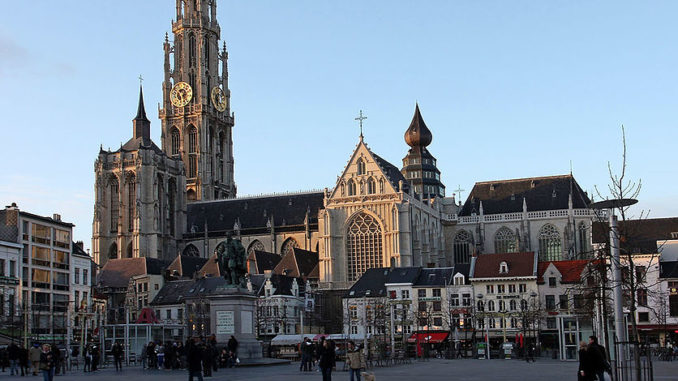
Much of the world’s attention on coronavirus response has been focused on a handful of countries. On the positive side, there’s South Korea, Vietnam and Japan. On the negative, there’s the United States, Italy, Sweden, Brazil and Turkmenistan.
The three “best” countries instituted nearly immediate large-scale testing, face masks, and social distancing. Vietnam, a communist state, also included incarceration and isolation for all who contracted the disease. While their actions have resulted in the least damage (no officially recorded deaths) they’re also understood to be repressive; South Korea, on the other hand, has resumed a degree of normalcy to such a degree that they’re attempting to keep their citizenry from becoming too complacent and triggering a second wave. Japan is facing a second wave already, for those reasons (and because of the decreased testing which happened after they felt they’d gotten control over the virus.)
The “worst” countries have been criticized for a variety of reasons, whether they’re a failure of leadership to encourage their citizens to take the illness seriously, a lack of testing, overly permissive social restrictions, or even attempting to deal with the illness by banning people from discussing it. In all of these countries (except Turkmenistan, which does not allow any deaths to officially be labeled as associated with the virus) both deaths and cases have been excessive. Poor responses have consequences.
One nation is curiously exempt from most criticism: Belgium. It would seem a natural target for complaints; with a caseload of almost 43 thousand and just under 6500 deaths, the nation of only about 11.5 million, they have seen 560 deaths for every million people in their population. For comparison, Italy has had 415/million, Sweden 200/million, the U.S. 144/million and Brazil a mere 14/million.
Belgium has put in place most of the same restrictions as other countries, although they are among the nations not to officially require face masks. At first blush, their high rates seem to be similar to those of Italy and Spain, and for a similar reason: when the virus was at the peak of its spread in the area, before any curtailing actions had been taken, many of the locals were participating in large social events designed to bring much of the population into close proximity for an extended duration. Festivals are common and culturally significant in the area in early January, and outdoor sporting events are particularly popular, drawing crowds too large to fit into standard arenas.
Belgium’s response differs in one significant way: reporting. Rather than worry about an undercount of fatalities, Belgium has decided to fail in the opposite direction. For them, every death which occurs that might potentially have had covid-19 complications is marked down as a coronavirus death. That includes every death from a nursing home and most deaths of elderly people living at home, whether they were showing symptoms or not, simply because elderly are known to be more susceptible to the virus.
This bit of numerical sleight-of-hand has given their leaders deniability… it’s obvious that the numbers are inflated when people who fall in a tub and fatally hit their head are marked down as coronavirus deaths. While many in their populace are upset by the apparent “black eye” it gives their nation as having a high mortality rate, it’s actually insulated them from much of the international criticism being faced by nearby countries Italy, France and Spain.
That political gamesmanship comes at a price to the international community, though. It makes Belgium’s numbers invalid when attempting to determine what restrictions are helpful. While the country is generally following the same rules as everyone else, there are minor deviations: the lack of face masks, for example, and now two of the easing rules they’re considering putting into place.
One of those would allow for people at nursing homes to designate a single visitor who had previously tested free of the virus to visit on a regular basis. Another would allow people to select groups of up to nine friends to visit weekly as part of an effort to resume social circles while respecting a general ban on nonessential travel and a restriction on non-family gatherings.
Will these prove helpful or harmful? There’s truly no way to know, because Belgium is falsifying their numbers… not merely including the certain and the probable cases, but the possible and the highly unlikely fatalities as well. This is a disservice to their people, to their neighbors, and to the rest of the world.
The loss of Belgium’s ability to determine the effectiveness of a response is something any other country which is falsifying their numbers… in ways like avoiding mass testing… should consider.
